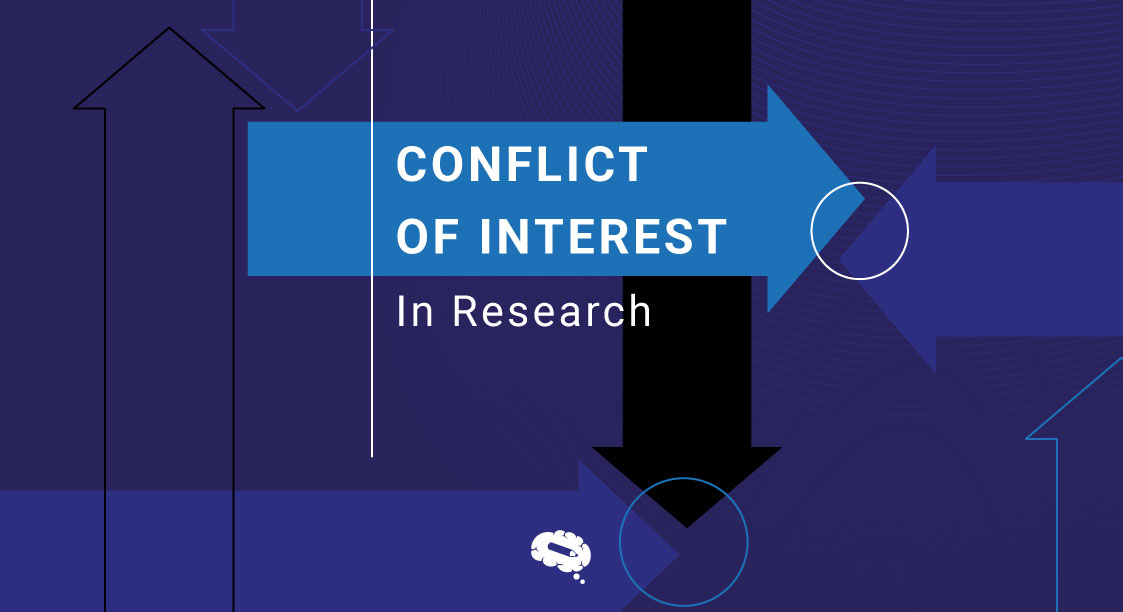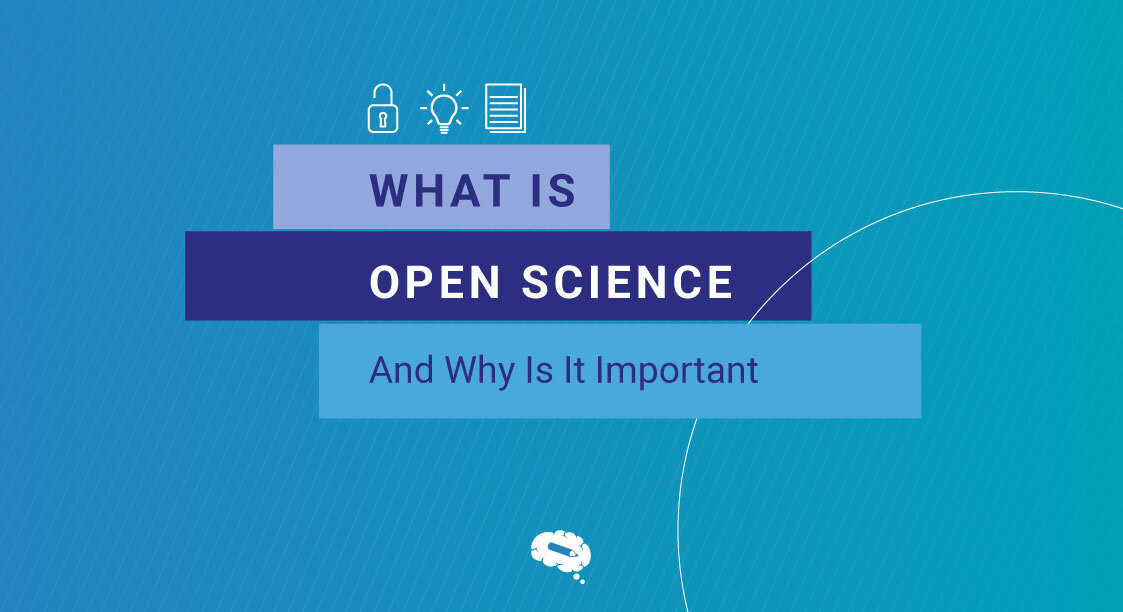When submitting a research paper to a journal, magazine, or other platform, you may be required to disclose any potential conflicts of interest. Conflicts of interest are widespread in academic and scientific publications. Conflicts of interest have the potential to skew several aspects of research, including how a study is designed, how data is collected, processed, and published, and who is involved in the work.
Their sheer presence is not unethical; but, failing to recognize or declare them is, and this can tarnish a researcher’s reputation. It is the obligation of everyone engaged in research and publishing, particularly researchers, to identify and declare any conflicts for the publication to go smoothly.
Understanding the conflict of interest in research
A conflict of interest in research occurs when financial or other personal factors affect or appear to impair a researcher’s professional judgment in doing or reporting research. The circumstances, not the actions or character of an individual investigator, define a conflict of interest.
The key ethical dilemma is what to do with such circumstances, if not handled appropriately, it may cast doubt on the impartiality of your research or your unbiased participation in a specific decision-making process.
A conflict of interest emerges when a researcher does evaluative research for a firm in which the researcher has a financial interest, or when the researcher accepts funding from a company with an interest in your research. The most serious kind of conflict of interest occurs when researchers start negotiating with a company in which they or their relatives have a monetary interest.
How can conflict of interest affect research?
Conflicts of interest can taint people’s perceptions of researchers and the scientific industry. When large amounts of money are at stake, it can be difficult to convince the public, lawmakers, the legal system, and even colleagues that the conclusions were not influenced for personal gain.
Unintentional wrongdoing can have the same harmful consequences as intended wrongdoing. With increased media, governmental, and public scrutiny, a researcher’s reputation, research funding, and career might be as dependent on perceptions of honesty as they are on genuine integrity.
Types of conflict of interest in research
The following are the primary forms of conflicts of interest to be aware of:
Financial
Financial connections are the most prevalent source of conflict of interest in research, as they may influence an individual’s thinking and hence alter the research output. It is normal to require the researcher to report not just any conflicting financial relationships they may have individually, but also those of their closest family members, as these may potentially represent indirect conflicts of interest.
Personal
Personal ties or affiliations are the most prevalent non-financial conflicts of interest in research. A personal conflict of interest exists, for example, if a researcher is related to the editor of the journal to which they submit a paper. Another personal conflict of interest occurs when views and ideologies influence research. For example, suppose a researcher is writing a religious paper and has a strong religious belief that influences how the study is conducted and presented.
Professional
Professional conflicts of interest are those that can provide a professional advantage. As a journal reviewer and researcher, for instance, you may find yourself reviewing a paper on the same topic as your own, which can be a conflict of interest since you may reject the paper because it diminishes the value of your own.
How to prevent conflict of interest?
- List any financial support you and your co-authors receive that might be construed as a conflict with your research aims.
- List any social or personal activities that may impact how you do your research.
- Examine any current or recent institutional relationships you may have that may be considered to impair your objectivity in your research.
- Examine and adhere to all of the criteria provided by your preferred journal on what constitutes a conflict of interest and how authors should declare them.
Impactful visuals with no effort
Include infographics and figures to boost the readability of your research to provide value. You may use Mind The Graph to generate fantastic infographics to improve the visual appeal of your content.

Subscribe to our newsletter
Exclusive high quality content about effective visual
communication in science.




